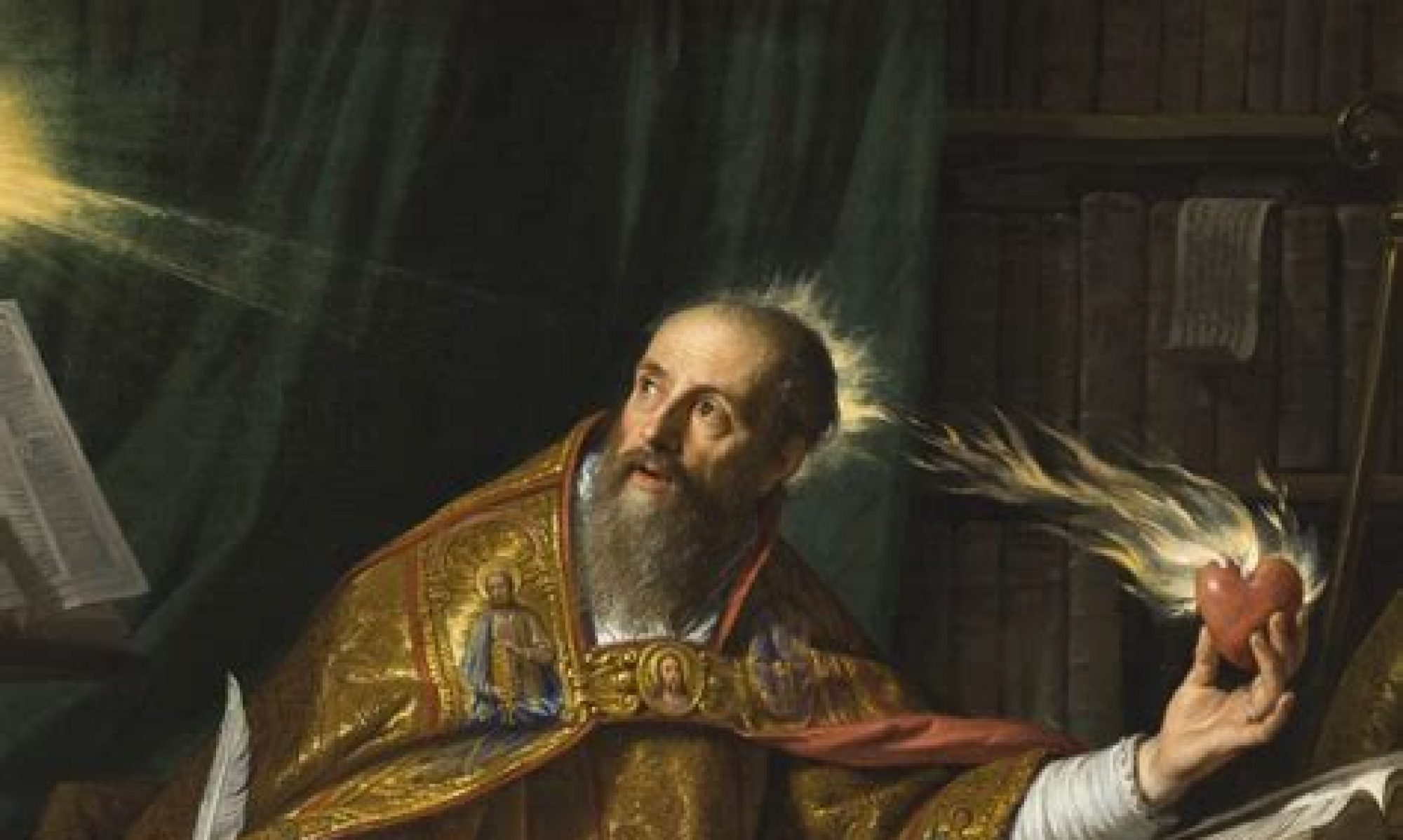Today we celebrate the second Advent Sunday. The introit antiphon captures our prayer that we sincerely say, “People of Sion, behold the Lord shall come to save the nations: and the Lord shall make the glory of His voice to be heard, in the joy of your heart.” We are continuously committed to listen to the cries of St. John and the joy to call us to repentance as we prepare for the coming of the Lord.
Today’s epistle from the Letter of St. Paul to the Romans reminds us that we strengthen our hearts and hands to live with patience and hope in these troubled days. St. Paul wants his readers to know that the Church truly participates in God’s unfolding story about the truth that Christ runs from the past to the present, establishing a most certain future. It means that St. Paul argues that the Messiah has achieved what is the entire Old Testament. This season of Advent preserves and proclaims God’s great achievement in Jesus the Son.
Today’s gospel from St. Matthew, which narrates to us that John the Baptist was in prison, sending two of his disciples, should come as an absolute shock to everyone who reads this gospel, wondering if Jesus is indeed the one to come. How could John, of all people, ask a question like “Are you the one who is to come, or shall we look for another?”
Didn’t John leap for joy in the womb at the sound of Mary’s greeting (Luke 1:41)? Wasn’t it his job to prepare the way for the Lord (Isaiah 40:3)? And indeed, did he not point to Jesus and say with his own mouth, “Behold, the Lamb of God, who takes away the sin of the world.” (John 1:29)? Did he not with his own eyes see the dove descend upon Jesus at His baptism, and with his own ears hear the very voice of God from heaven (Matthew 3:16-17)?
How could John even consider asking “Are you the one who is to come, or shall we look for another” (Matthew 11:3)? Something’s up here. Now bear in mind that John was in prison when we read the account about him from the gospel of Matthew 11, and he’s having a real-life nightmare, but instead of waking up, he remains in prison while his head is brought to Herod on a silver platter (Matthew 14:1-12).
God had not abandoned John the Baptist in prison, even though to John it felt like He had. However, St. John the Baptist sent his messengers with the Word of God because he could not go himself. Listen to the example of John the Baptist. Go to the Word of God: Read, hear, and study the Word of God.
Indeed, John knows the answer. He knows Jesus is the Coming One because he has faith. There’s no question John has faith; the question is, does John also have doubt? Yes. Doubt caused John to fear. Doubt caused John to look inward and let his emotions rule him, working himself into an emotional frenzy as he was literally preparing the way for Christmas, the Messiah’s 1st Coming. But faith doesn’t look in, faith looks out. In faith, John did what you and I need to do when we doubt: go to Jesus, and since neither John nor you and I can physically do that, we need Jesus’ Word to be brought to us. So John sent his disciples to bring the Word of Jesus back to him, to preach to him, because it’s only the
Word of Jesus that can strengthen, comfort, reassure, and encourage us. John wants to hear the Word of Jesus reassuring him that He is the Coming One, and that’s what Jesus does. Working yourself up into an emotional frenzy at Christmas over the gifts, the cute baby in a manger, and the holiday spirit won’t do a thing to prepare you. But the Gospel and sacraments will.
Blessed indeed are all who take refuge in Him, who find joy in feasting with Him at His Table with angels, archangels, the Holy Innocents, St. John the Baptist, Sts. Stephen and James, Sts. Peter and Paul and all those who rest in Christ. Let us give thanks to the Lord our God, indeed!
God bless you.
Fr. Arlon, osa
